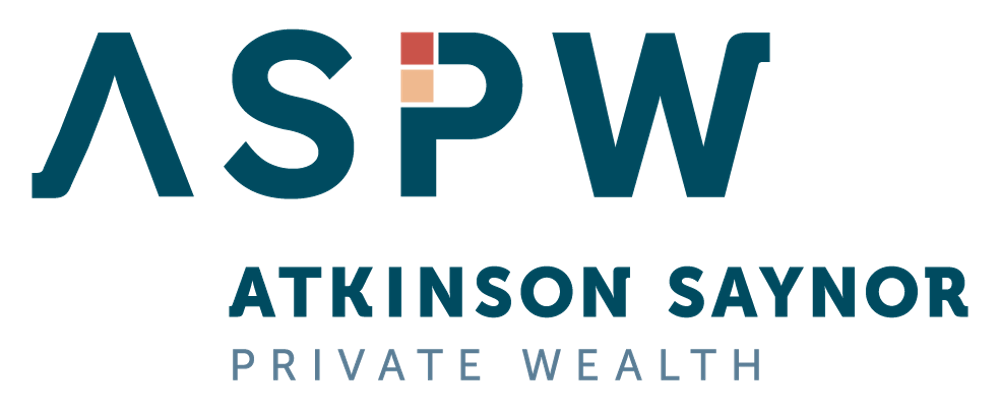New Year resolutions, New Year strategies

Behavioural economists have long warned that the common traits of procrastination and inertia can be highly detrimental to investors.
Most of us would recognise the long-term rewards of setting realistic investment goals, creating an appropriately-diversified portfolio and saving more for retirement. Yet even with the best intentions, we may never quite get around to it.
In short, we procrastinate and waste opportunities to improve our chances of investment success.
Each of the following points should help investors break through their investment and personal finance inertia:
Increase your regular super contributions from the beginning of the New Year: This is a straightforward way to tackle your inertia and procrastination. Are you making the highest salary-sacrificed and tax-deductible contributions that you can afford? For 2017-18, the concessional contributions cap for all eligible members is $25,000.
Cut your investment costs: One of the simplest ways to increase your chances of investment success is to cut your investment costs. As the majority of higher-cost actively-managed funds have struggled to beat their benchmarks, low-cost traditional index funds and index-tracking exchange traded funds (ETFs) are surging in popularity. (Recent ASX research shows that the market capitalisation of Australian-listed exchange traded products, most being index ETFs, reached $35.25 billion by the end of November – up from less than a billion dollars a decade ago.)
Consider adopting a total-return approach: This approach should help prevent retirees in particular from falling into the trap of abandoning carefully-diversified portfolios in an effort to boost a portfolio's income in this more challenging low-interest, lower-return environment. (See Vanguard's latest economic and investment outlook.) A total-return approach focuses on both the income and capital growth generated by a portfolio. This approach should help maintain a portfolio's diversification, allow more control over the size and timing of portfolio withdrawals and increase a portfolio's longevity.
Tick-off investment fundamentals: Early in 2018, check whether you have the fundamentals of sound financial planning/investing practices covered. These include: Set clear and achievable goals, create an appropriately-diversified portfolio and, once again, minimise investment costs.
Build-up your mortgage buffer: Homebuyers who make higher repayments than the minimum required develop buffers to help cope with future rate rises and unexpected financial setbacks. The Reserve Bank's holding of the official cash rate at a record low of 1.5 per cent highlights this sustained opportunity to build your mortgage buffer.
Aim to eliminate your debt before retirement: Ideally, we should enter retirement with our mortgages paid off and without any other debit. This should leave us open to spend our retirement income on financing our lifestyle. Unfortunately, various research shows "grey debt" is rising at a time when waves of baby boomers are retiring.
Keep your credit card under control: Disciplined consumers pay off their total credit card bill each month to avoid any interest and minimise the credit limit on their cards to reduce the temptation to overspend. The Australian Bureau of Statistics reports that the average pre-Christmas credit card limit was more than $9000; that's a hefty amount of repay at high interest rates for those who "max out" on their cards.
Finally, make sure your resolutions/strategies for 2018 and beyond are achievable given your circumstances. By setting the bar unrealistically high, you will face almost certain disappointment.
Have a prosperous New Year.
Written by Robin Bowerman
Head of Market Strategy and Communications at Vanguard.
12 January 2018
vanguardinvestments.com.au
